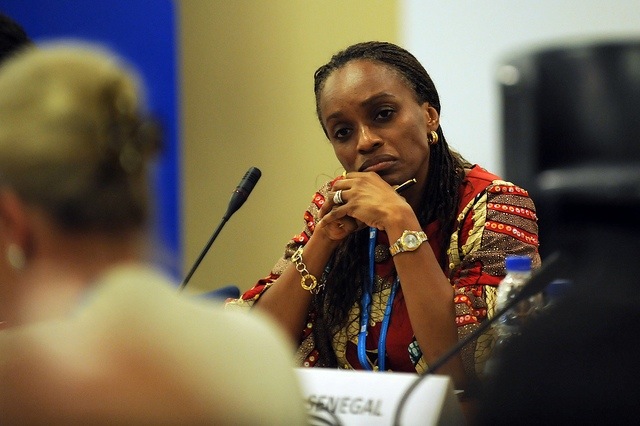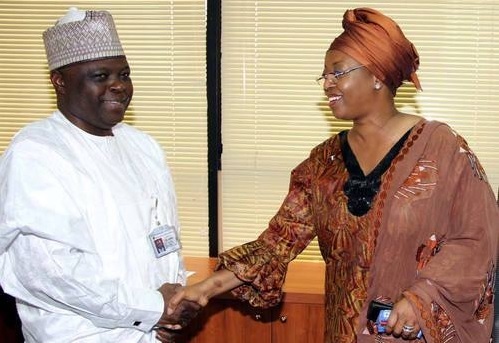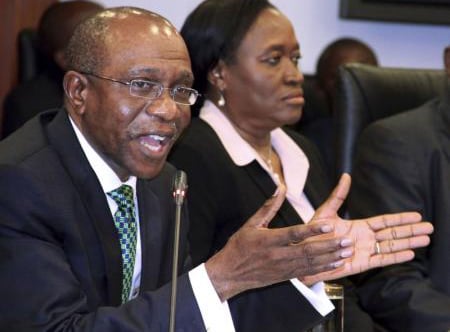The Broadband Council on Monday said that broadband penetration in the country increased by two per cent in 2014.
This is contained in a statement issued in Lagos by the council indicating that progress had been made in the implementation of the Broadband Plan in the last 18 months.
It said that the progress showed in the increased capacity rolled out by telecom companies and other infrastructure providers.
“This had resulted in a two per cent increase in broadband penetration in 2014,” the council said.
Advertisement
According to the statement, the council held its regular quarterly meeting on February 3, 2015, where it evaluated the outlined milestones of the broadband plan.
It said that from the evaluation at the meeting, it was observed that it was necessary to accelerate implementation of the broadband plan.
The meeting was chaired by Omobola Johnson (pictured), the minister of communication technology.
Advertisement
The council also noted the successful auction of the 2.3GHz spectrum in February 2014 and the licensing of the first two infrastructure companies (infracos) for metro fibre roll out.
It called on successful bidders to quickly roll out, to improve the pace of implementation.
The council commended telecom operators for their leadership in the area of base station infrastructure sharing and deployment and resolved that this needed to be extended to fibre.
According to the council, there is the need to increase the landing points of international submarine cables beyond Lagos to other coastal states.
Advertisement
“Additional landing points in the country will reduce vulnerability and risks associated with a single point of failure.
“It will also make it faster and cheaper to lay terrestrial cable from these points to other parts of the country.
“The Nigerian Communications Commission (NCC) and the Universal Service Provision Fund (USPF) should look into the possibility of providing financial incentives to accelerate this,” it said.
The council also said that some milestones were missed due to schedule delays and called on NCC to aim at releasing the 2.6GHz in the first quarter of 2015.
Advertisement
It also resolved that the Nigeria Internet Registration Association (NiRA) must reduce the cost of registration of .ng to be globally competitive.
NAN reports that the Broadband Council, inaugurated on July 16, 2013, is made up of 19 members and chaired by Johnson.
Advertisement
The council is charged with the responsibility of monitoring implementation modalities for the approved Nigerian National Broadband Plan 2013-2018 and has been working to ensure that Nigeria achieves a five-fold increase in broadband penetration by 2017/2018.
Advertisement
Add a comment






